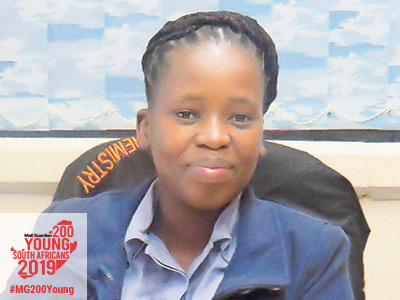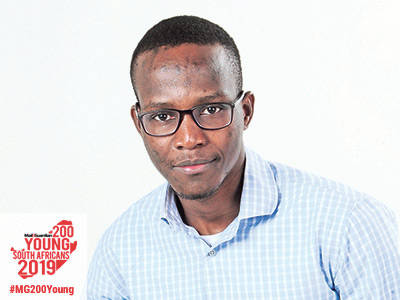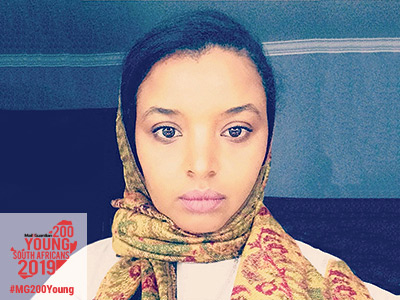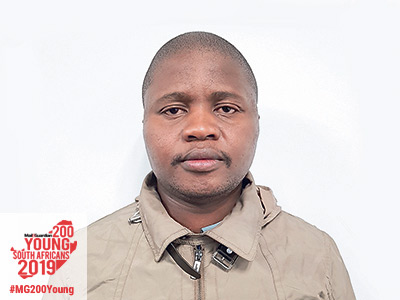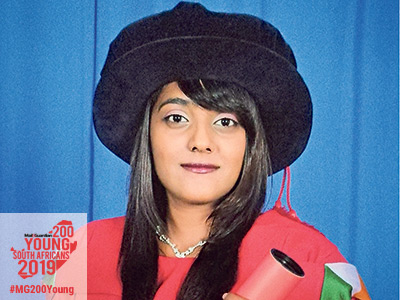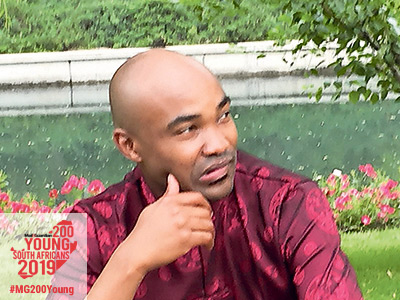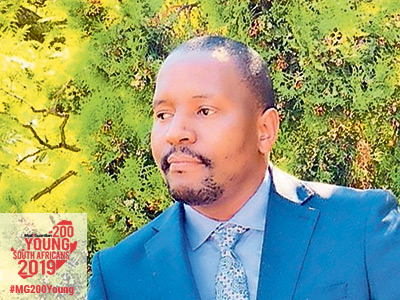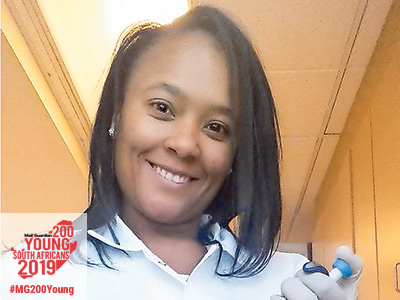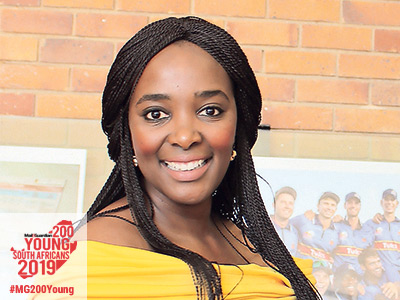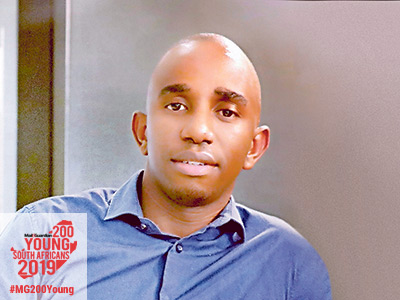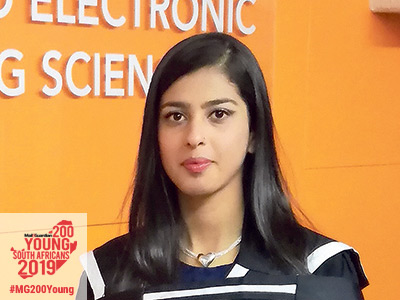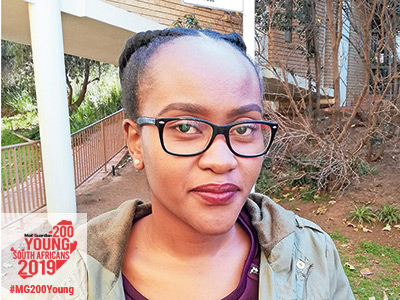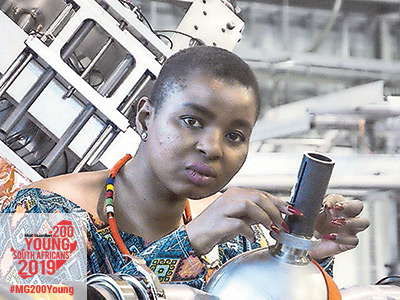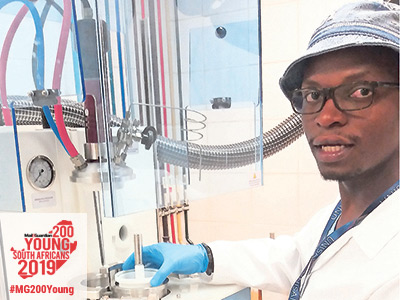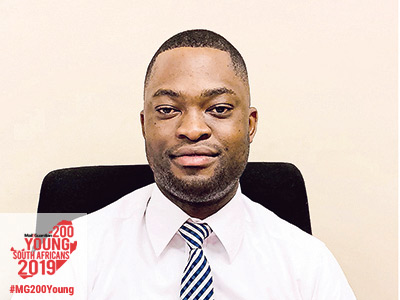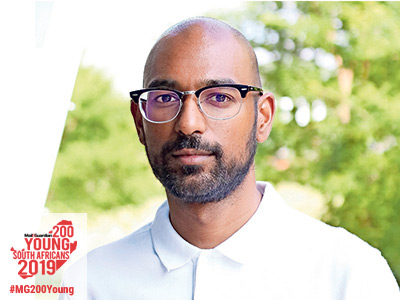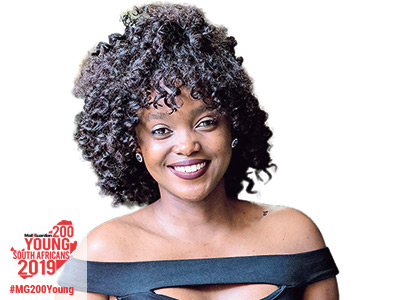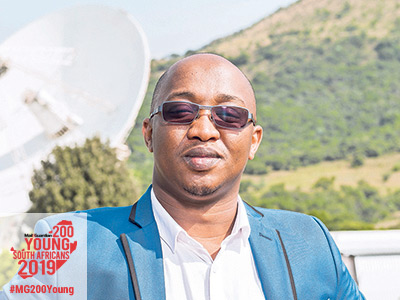In reflecting on what led her to embark on a career in the science, technology, engineering and maths (Stem) fields, associate professor Philiswa Nomngongo credits her school teacher who had a BSc qualification. This was the first person with a BSc that she had ever met, and she was intrigued at what it was and what possibilities it came with, particularly because most teachers at the time had bachelor of education degrees. She started off life in a small town in the Eastern Cape called Flagstaff, but today, Nomngongo is one of the young Black female leading researchers in the field of science and technology at the University of Johannesburg (UJ) with a specialisation in the fields of analytical and environmental chemistry, nanotechnology and medical geology.
She is a recipient of many awards including the most promising researcher of the year at UJ, L’Oréal-Unesco’s women in science award and an award from the Organization for Women in Science for the Developing World.
Nomngongo remembers being drawn specifically to the field of analytical chemistry because it gives her free rein to flex her creative muscles as she can explore the chemical and quality composition of anything – from food to the particles used in children’s toys – and break all of it down to its natural parts.
Her work also allows her to be intentional about developing young scientists and empowering young Black females from disadvantaged backgrounds through teaching and learning. This includes community projects for rural formally disadvantaged schools by providing teaching, training and participation in national science expo to promote Stem careers.
Nomngongo understands that for young scientists to flourish, they need an environment that is open and accessible, and is committed to helping them succeed.
She tries to do this for the students she supervises: “It’s important for supervisors to take the time to understand the students they are working with or training, so that you do not make assumptions.
This understanding allows them not to be scared and to do the work in a respectful, friendly and comfortable environment,” she says. – Nomonde Ndwalaza
